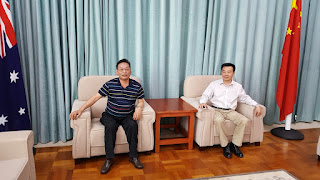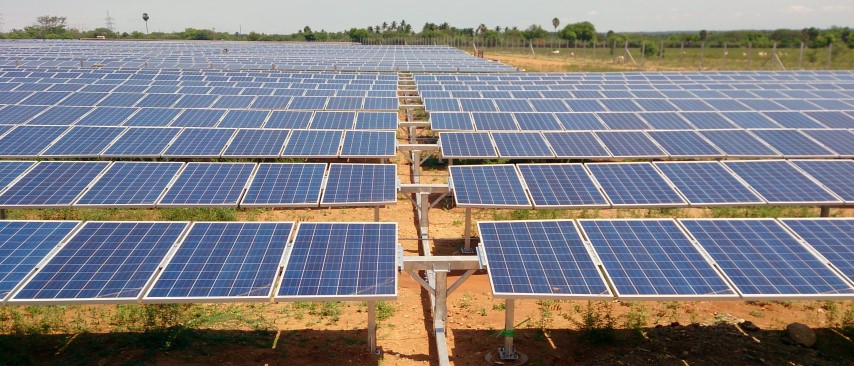Europe ’s dem for renewable electricity continues to grow in 2016. Based on statistics from the Association of Issuing Bodies (AIB ) from 2011 to 2016 the market experienced an annual growth (CAGR) of 12,5%. Last year the dem rose by 5% compared to 2015, now reaching nearly 370 TWh.
“Behind this growth are thouss of businesses millions of households in numerous European countries purchasing renewable electricity documented with Guarantees of Origin” said Tom Lindberg, Managing Director at ECOHZ. “Much of the dem is driven by an increased sense of urgency among leading international businesses in contributing to combating climate change – by switching from fossil fuel power to clean, renewable energy.”
In the context of leading companies across various industries defined a clear sustainability agenda to ensure their future competitiveness. In the last two years several initiatives with similar goals have arisen inter alia RE100 which has now 87 corporate members that have all pledged to consume 100% renewable energy in the next years.
According to the Managing Director from ECOHZ, Hydropower remains the dominant source of electricity, with an approximate 75% market share. However this growth has slowed while the supply of solar wind power documented with EECS GO, grew by 300% 50% respectively, now providing nearly 70 TWh.
Recent statistics from AIB show that Germany, Switzerl, Sweden the Netherls remain as the largest markets for renewable purchases in Europe. While Europe’s biggest market, Germany, has halted its rapid growth, the Dutch market continues to grow at a faster pace than the rest, almost reaching 50 TWh in 2016.
According to Lindberg, Spain has shown an impressive speed after a slow start, now issuing nearly 50 TWh in 2016. The markets France Italy continue their sturdy growth, thus underlining their increasing in significance.
The UK is now the only large renewable producer that not actively participates in the European markets. However, thanks to policy frameworks that allow imports of certain European EECS GO for domestic use, the British market shows too an overall dem growth in 2016, as the Managing Director from ECOHZ said.
Beside the UK, there are more European markets with national systems that do not participate in the Pan-European market place but unlikely have yet to adopt the EECS stard. According to AIB these markets total more than 200 TWh of purchased renewable power. If this is included the actual market volume renewable almost compromises 600TWh in 2016. This represents 50% of all renewable power production in Europe.























